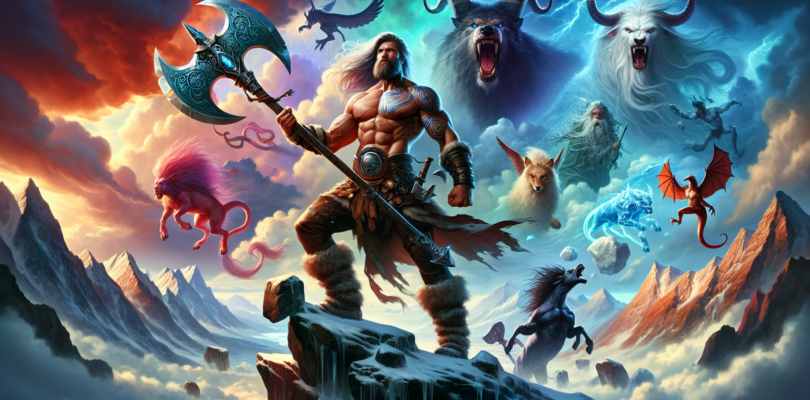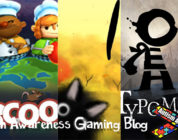Introduction to the God of War Series
The God of War series, developed by Santa Monica Studio and published by Sony Interactive Entertainment, is renowned for its deep narrative, visually stunning graphics, and innovative gameplay mechanics. First introduced to the gaming world in 2005 on the PlayStation 2, the series has grown significantly both in technological achievement and story complexity. Initially set in a mythological world heavily inspired by ancient Greek mythology, the series later transitions into the realms of Norse mythology, broadening its narrative and thematic scope.
The Evolution of the Series
The God of War series is best known for its protagonist, Kratos, a Spartan warrior driven by rage and the desire for redemption from his past sins against the gods. Over the series’ evolution, Kratos transforms from a mindlessly angry god into a more dimensional character struggling with his violent past and trying to forge a better path for his future.
The Original Trilogy
The story begins with the original ‘God of War’ (2005), where players are introduced to Kratos’ quest to find the Pandora’s Box to destroy Ares, the god of war. The narrative continues with ‘God of War II’ (2007) and ‘God of War III’ (2010), where Kratos’ battle against the gods of Olympus escalates, culminating in climactic showdowns that are both visually and emotionally charged.
Expansion and Exploration
Beyond the original trilogy, the series includes several spin-offs and prequels such as ‘God of War: Chains of Olympus’ (2008), ‘God of War: Ghost of Sparta’ (2010), and ‘God of War: Ascension’ (2013). These titles delve deeper into Kratos’ backstory and his complex relationship with his family, the gods, and his fate.
Revival in Norse Mythology
In 2018, the series was revitalized with a new installment simply titled ‘God of War’, set many years after the events of the original Greek mythology-based trilogy. This game introduces Kratos in the Norse world of Midgard, where he navigates life as a father to his son, Atreus. The dynamic between Kratos and Atreus introduces a fresh narrative perspective and redefines the gameplay mechanics to include cooperative elements and strategic combat.
Gameplay Innovations
From its inception, God of War stood out for its blend of fast-paced, combo-based combat and intricate puzzle-solving. The original games utilized a fixed cinematic camera, which became a hallmark of the series, emphasizing the grandeur and scale of its environments and monsters. As the series progressed, particularly with the 2018 revival, the gameplay evolved significantly. The introduction of an over-the-shoulder free camera, a more open-world structure, and an upgradeable skills system offered players more depth of strategy and customization.
Cultural Impact and Reception
The God of War series has been critically acclaimed for its storytelling, art direction, and innovation in gameplay. It has influenced numerous other games and has been a key player in shaping narrative-driven action games. The powerful portrayal of its protagonist, Kratos, serves as a study in the tragic flaws of characters in video games, while the exploration of themes such as vengeance, fate, and redemption has resonated with a broad audience.
Conclusion
The God of War series is not just a hallmark of excellent game design but also a poignant narrative that has evolved significantly since its inception. From the wrathful depths of Greek myths to the mystic realms of Norse folklore, Kratos’s journey is both epic in scale and deeply personal, making God of War a profound saga that continues to captivate gamers around the world.





